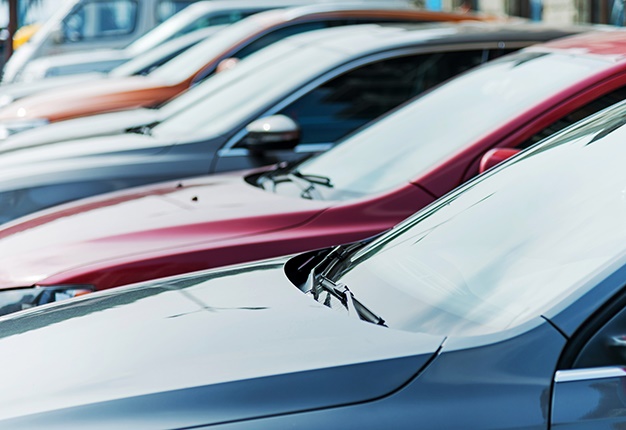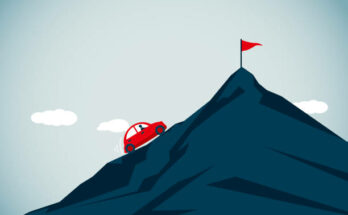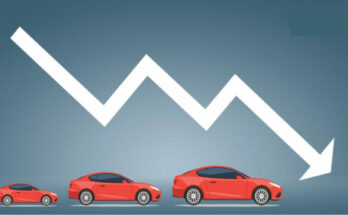The Pakistan Automotive Manufacturer Association (PAMA) expressed dismay at the government’s recent decision to hike the sector’s sales tax to 25%, arguing that this increase in taxes will make locally assembled cars even more expensive and will significantly affect sales.
According to PAMA, this decision, if implemented, would exclusively impact locally produced passenger cars, leading to increased prices in a market already burdened by galloping inflation, negatively affecting demand, and causing significant disruptions. In a letter addressed to the federal Minister for Finance, Revenue, and Economic Affairs, PAMA emphasized reversing the decision to increase sales tax.
In its letter, PAMA enclosed a five-year comparative chart illustrating the figures which reveal a continuous decline in both production and sales. PAMA opined that automobiles are considered demand-elastic items, and any increase in prices would likely lead to a further decline in sales. Therefore, the proposed increase in the sales tax is deemed counterproductive.
While highlighting the sales tax issue, PAMA once again expressed concern regarding the import of used vehicles. PAMA points out that taxes on locally produced cars have seen an increase, while taxes on the import of used cars have remained unchanged, creating a situation of negative protection for locally made cars. According to PAMA, the market share of used cars has risen from 10% to 30%, causing a loss of foreign exchange and legitimate revenue for the government.
Expressing surprise at the claim that the measure will generate additional revenue of Rs 4 billion, PAMA is skeptical about this outcome. There is apprehension that the measure may lead to a drop in volumes and subsequent revenue decline. The letter concludes by emphasizing that the proposed increase in the sales tax rate to 25% would only harm the economy, create negative sentiments for consumers, and undermine investor confidence in Pakistan.

Responsible for delivering local & international automotive news.




